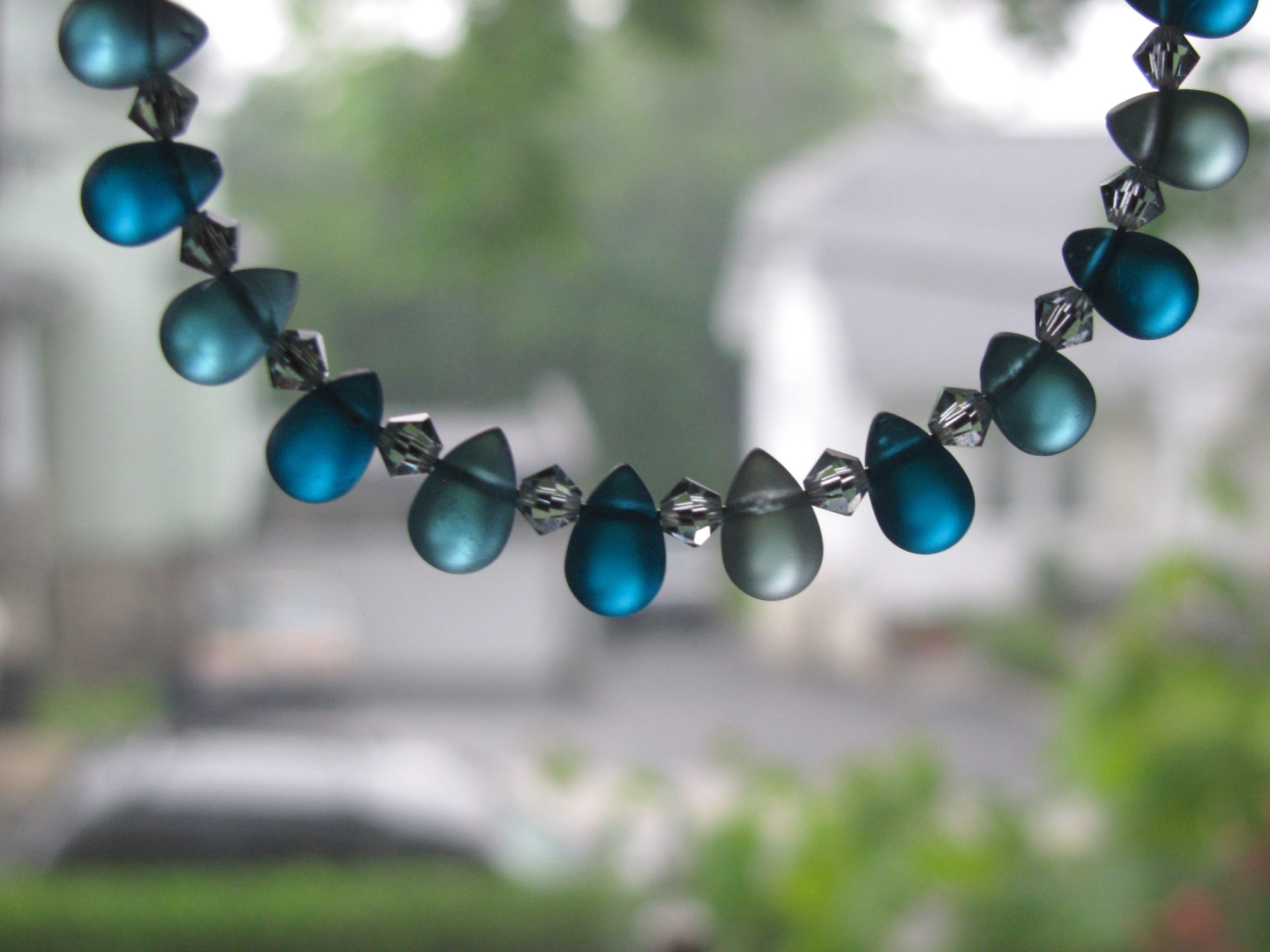“Let’s go for a walk,”
she’d say, and then my mother
would circle the block. I’d question
why we couldn’t go farther. My body
could handle it. But Merry
Nell’s couldn’t. She needed a horcrux
or, perhaps, more than one horcrux.
To figure that out, she’d need a longer walk
through the neighborhood. She’d be merry,
as she always was. I am a mother
who likes to push her body.
There’s no question
about it. But every day I question
why I am her horcrux.
Why everybody seems to think that I am walking her walk,
that I am mothering like my mother.
It’s true. My name is also Merry,
and I also chose to marry
at 21. That is not the question.
I need to know how to mother
without one. All I have is a horcrux,
one I bring with me each morning I take a walk:
my own body.
But it’s acting strangely, my body.
It’s giving me signs, as yours did, Merry
Nell. Oh, it still can walk
up actual mountains. But I do question
because it doesn’t feel like mine. It feels like a horcrux.
I feel like I am you, my dear, dead mother.
And I’m not, am I? Holy Mary, mother
of God. Pray. You’re not here in body.
Neither is my mom. She’s only a horcrux.
She wasn’t into you, Mary. She didn’t even have a question
about you. Not even when she couldn’t walk.
Like Harry, I am the horcrux. I am not my mother.
I can still walk, and I still dwell in this body.
But I am Merry Megan. No question.
—(Merry) Megan Willome, from The Joy of Poetry, T. S. Poetry Press
